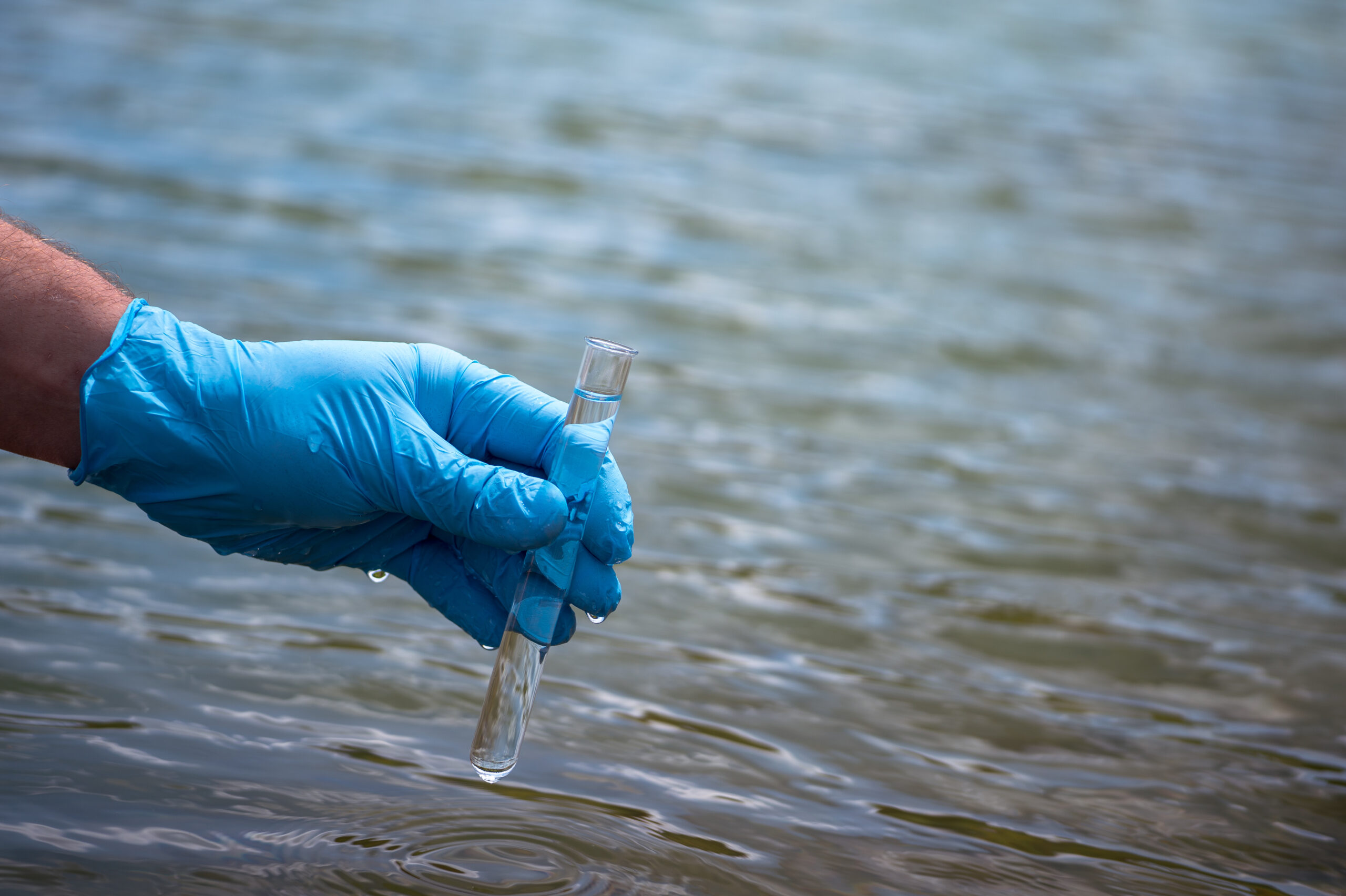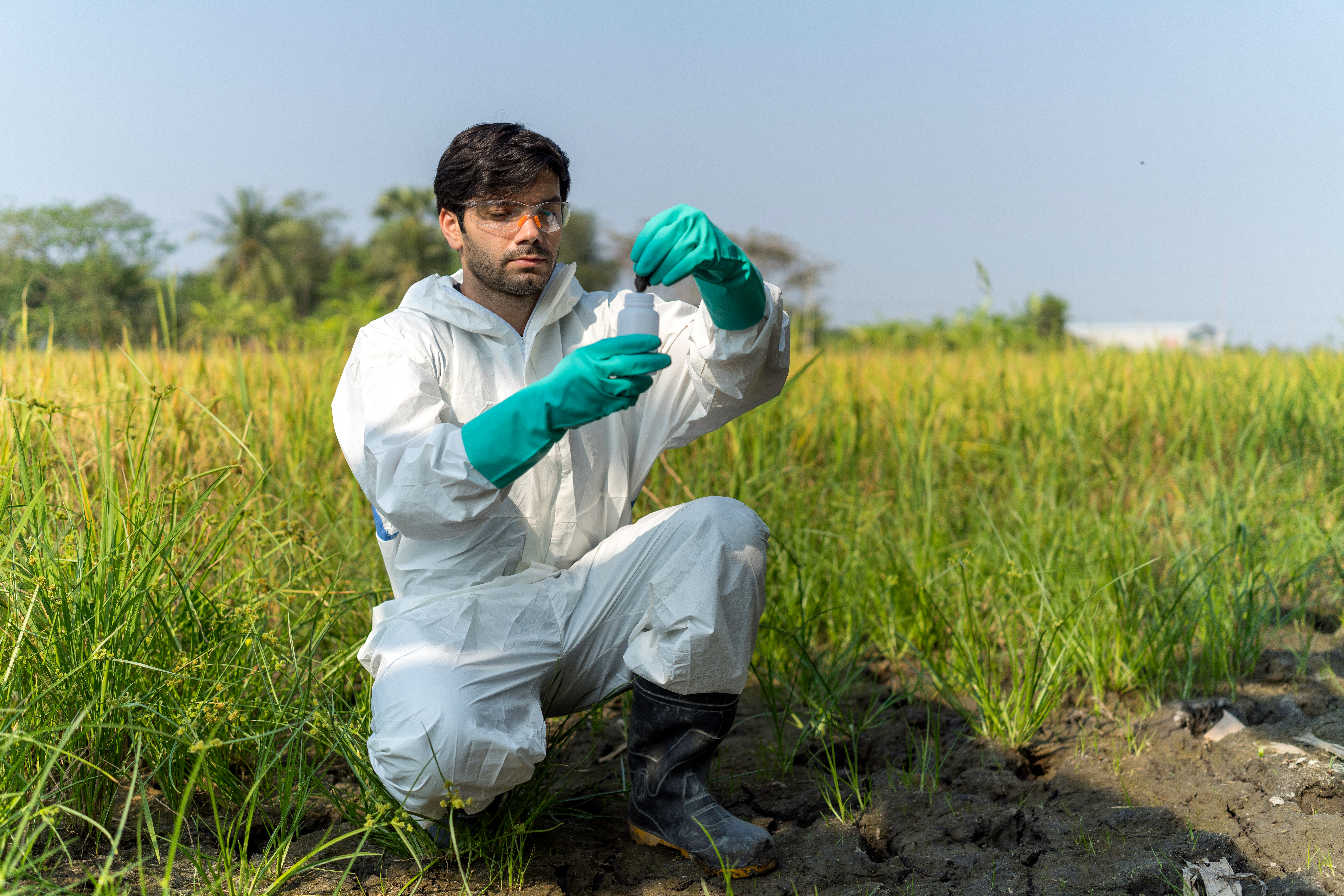Case Study
Waste management in Poland
Summary
The management of generated waste in Poland is subject to the provisions of the Act on Waste, according to which different types of waste should be tested in accredited laboratories. National legal regulations are closely related to the requirements of European Union law and are of a complementary and executive nature.
Accreditation of laboratories performing sampling and chemical, biological, microbiological tests and tests of physical properties of waste is carried out by Polish Centre for Accreditation (PCA) in accordance with the requirements of the PN-EN ISO/IEC 17025 standard and specific sectoral requirements of the law, specified in the DAB-11 accreditation program. The rules for accreditation and supervision of laboratories set out in this program apply from 9 April 2018.
Background
Waste management is one of the most important tasks facing modern civilization. The waste management process is divided into stages, i.e. collection, transport, neutralization, recycling and monitoring of waste generated, e.g. as a result of human activities. Due to the necessity to implement projects minimizing the impact of waste on human health and the environment, as well as the wide variety of waste, it is essential to ensure that tests meet the appropriate criteria.
Strategy
In Poland, the management of generated waste is subject to the provisions of the Act on Waste. A waste producer, wishing to send waste to landfills, must perform tests of its properties, carried out by accredited laboratories. For the purpose of testing, laboratories collect samples of the waste covered by the notification.
The frequency of testing depends on the type of waste and whether it is waste produced on a regular basis or not. The Act allows for the processing of waste in installations or devices and the recovery of waste outside installations or devices. The recovery carried out in the R10 process requires that the waste holder has the results of tests carried out by an accredited laboratory confirming the quality of the waste and the quality of the soil on which the waste is to be used.
Other recovery processes also require the fulfillment of certain conditions, which are assessed on the basis of tests performed by accredited laboratories. Waste, including waste treated in incineration plants, may also be used as fuel. Tests of individual types of fuel should be carried out by laboratories, in accordance with the standards specifying the requirements for the competence of testing laboratories. It makes it possible to use the waste in a safe way for the environment and human health.
Results and impact
Granting accreditation for compliance with the requirements of the PN-EN ISO/IEC 17025 standard and specific sectoral requirements of legal provisions, specified in the DAB-11 accreditation program, enables the identification of laboratories competent to carry out activities resulting from the applicable legal provisions in the field of waste management and ensures common trust in relation to activities in the field of waste management. This trust is based on the reliable results of sampling and waste testing, which is essential for the protection of health and overall safety and the environment.
Contact
Polish Centre for Accreditation (PCA)






